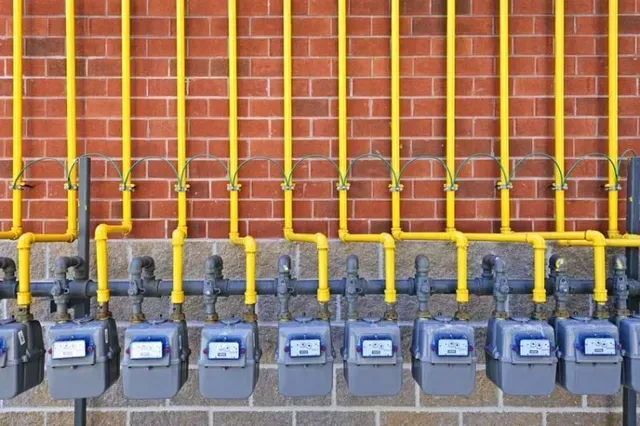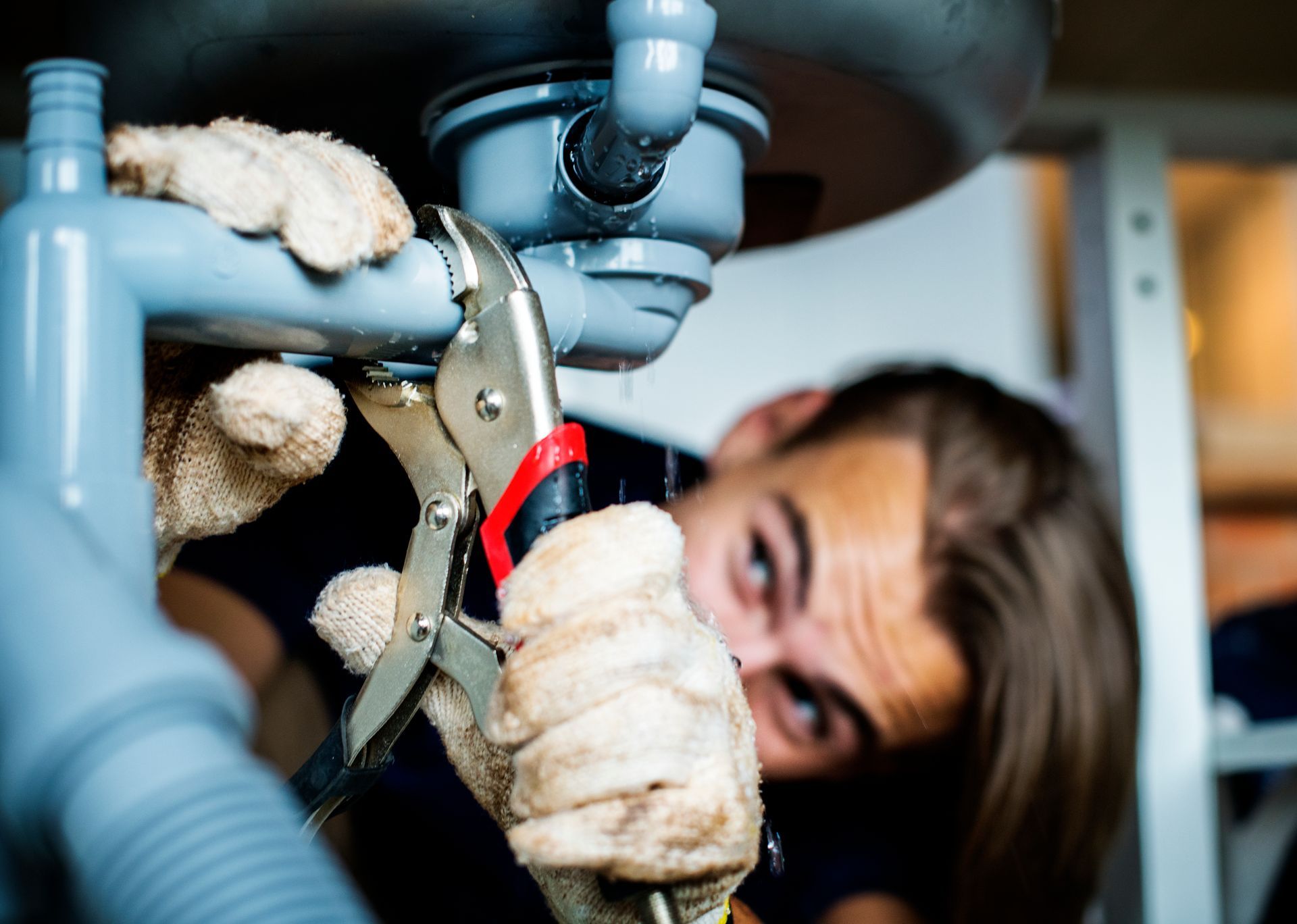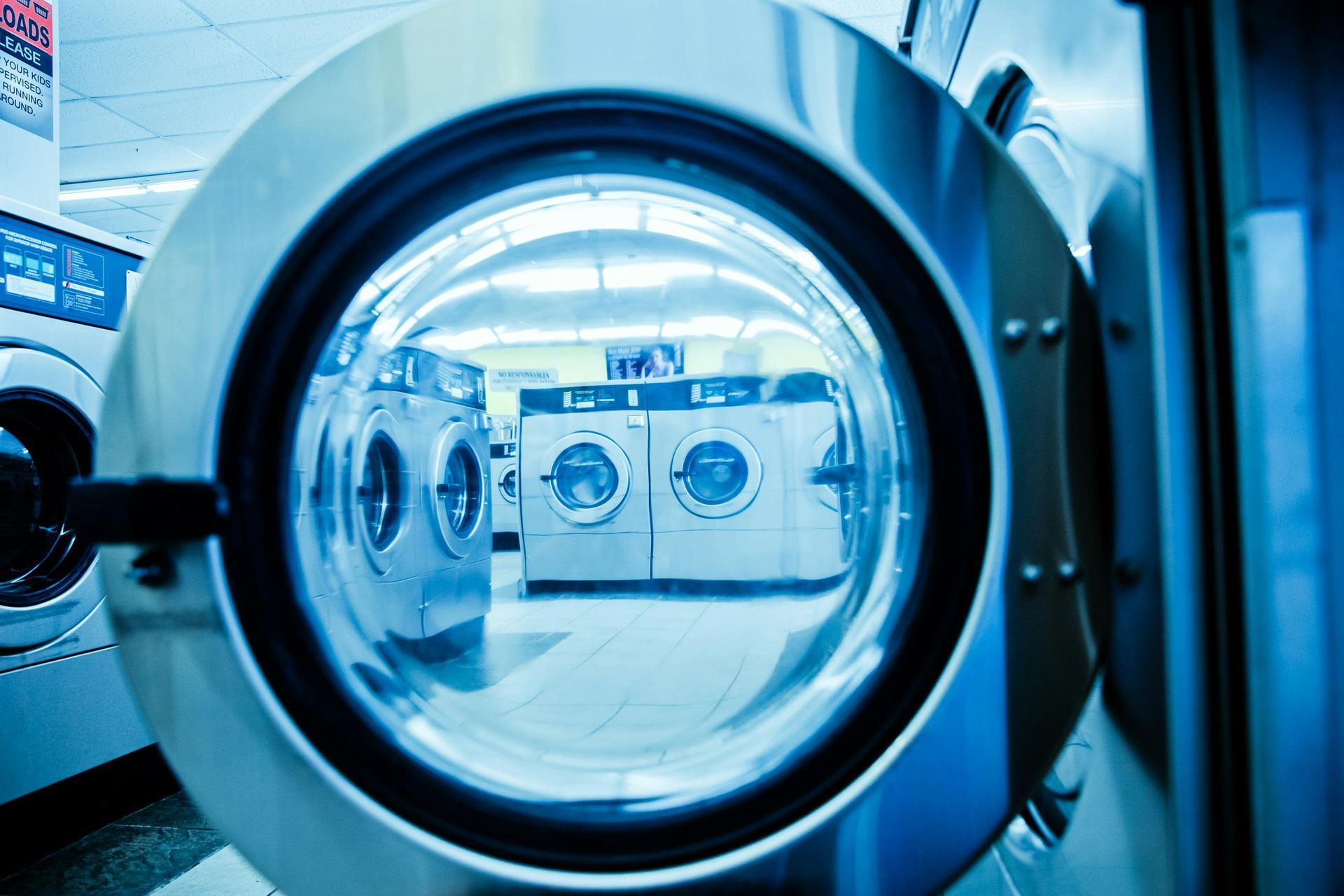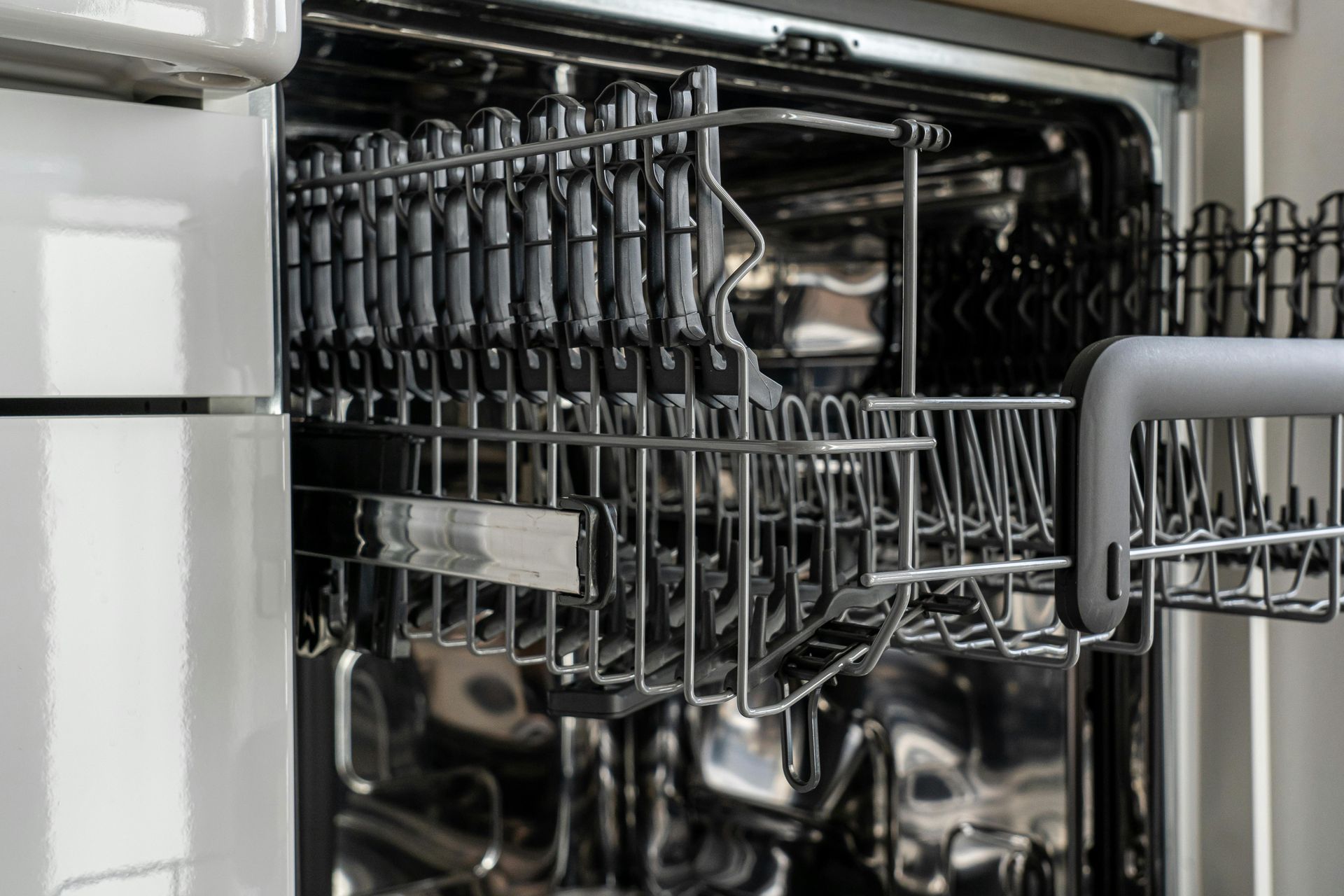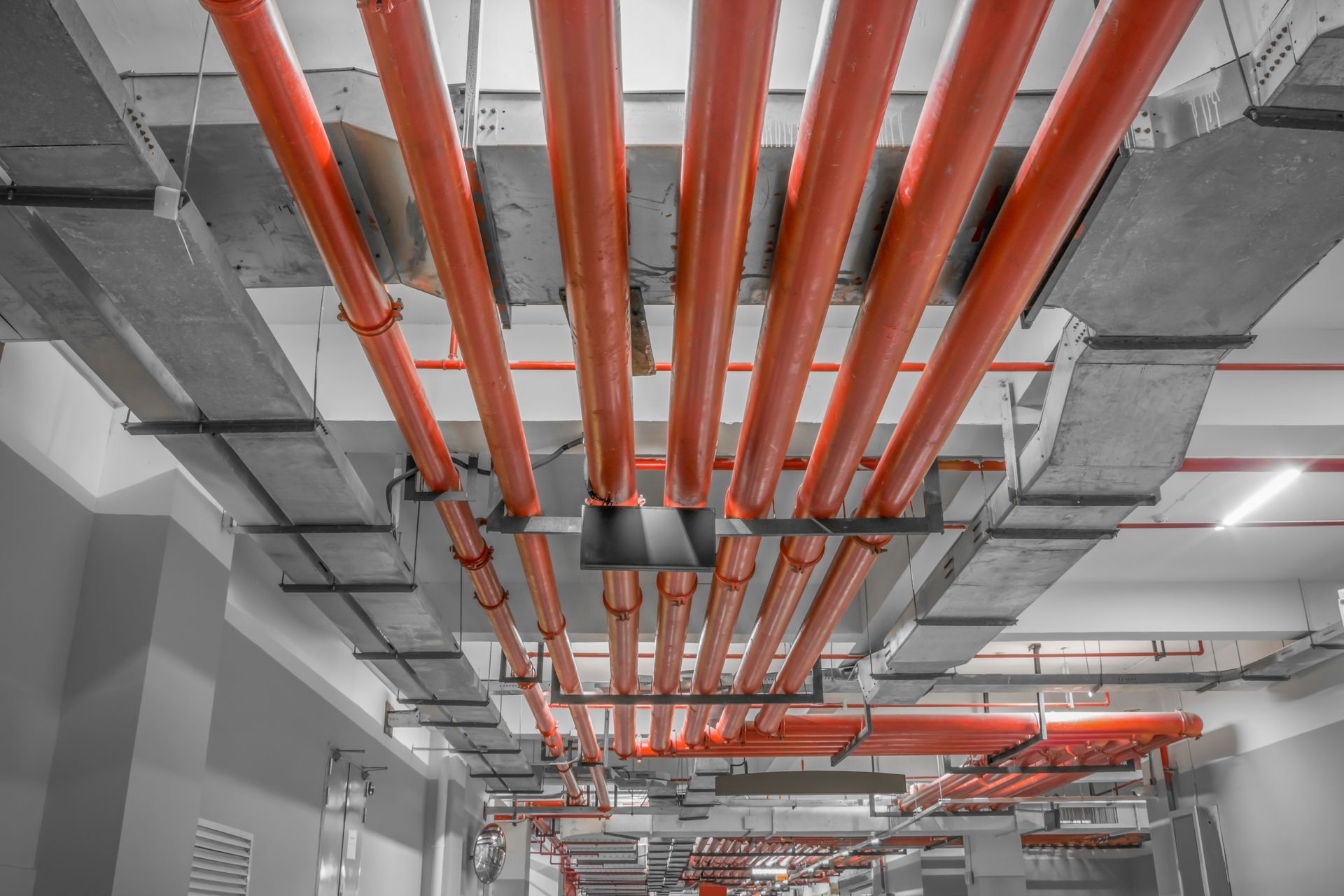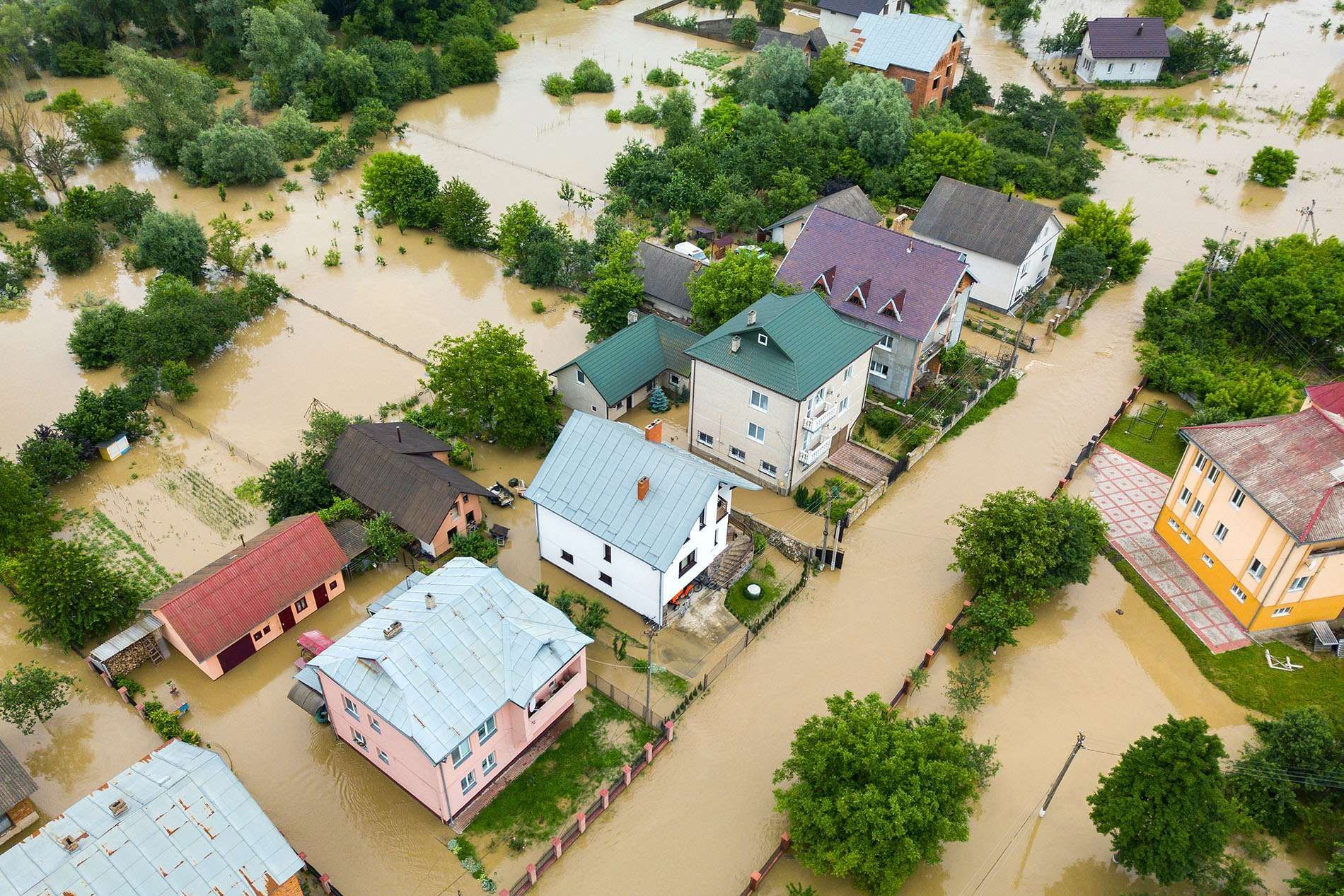Taking Care of an Overflowing Toilet
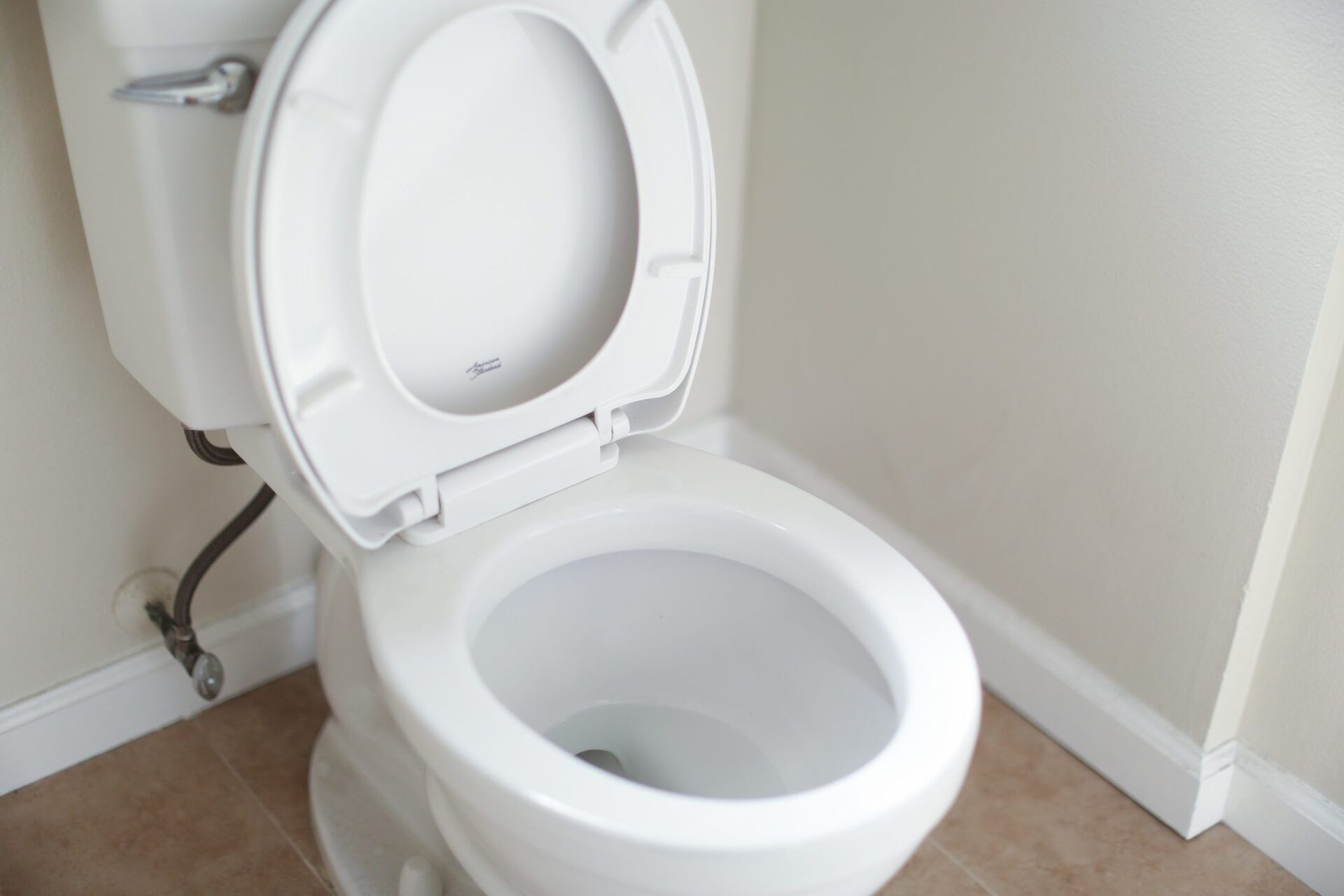
We’ve all been there—everyone dreads an overflowing toilet. Whenever a toilet overflows, panic is sure to ensue. But fret not—just like most items in your household, an overflowing toilet should not be feared. You can always prevent this catastrophe, so long as you’re ready.
If you’re not knowledgeable on how to do it, however, that’s alright. Below are some pointers on how to take care of an overflowing toilet.
Use the Toilet Shutoff Valve
Using the toilet shutoff valve is perhaps the easiest way you can stop an overflowing toilet. When you notice your toilet water overflowing, keep calm and find the valve. It’s usually located behind your toilet, near the floor. Give it a hard twist, and the toilet water should stop overflowing in a matter of seconds.
There are times when the toilet shutoff valve is too hard to crank due to it being untouched for years. If this is the case, consider twisting it every time you clean the bathroom. If it’s still too hard regardless, use oil as a lubricant. This way, when the inevitable happens, your valve is ready.
Note: If you don’t see it, it’s probably because your toilet shutoff valve is built within the walls of your bathroom. Consider a bathroom remodel to move your toilet shutoff valve.
Utilize the Toilet Tank Flapper
If the valve trick doesn’t work, the toilet tank flapper can help you. Take the lid off the toilet’s tank and check to see if the flapper (the rubber disc covering the hole at the bottom of the tank) is open or closed. If it’s open, just hold down the flapper shut with your fingers until the water stops running.
The catch with this trick is that it’s not a permanent fix, as you still have to unclog the toilet before releasing the flapper. If you’re worried about touching the water in the tank, you don’t have to because it’s clean!
Focus on the Toilet Tank Float Ball
If the toilet flapper is damaged, stuck, or blocked, don’t worry. This next trick will require the float ball, which is the rubber balloon-like object in the toilet tank. The float ball is what tells the toilet to stop filling it with water. The flushing process goes like this: water goes in the tank first. When you flush, the tank from the water then goes to the toilet bowl. When the tank is empty, the float ball is at the bottom of the tank, which prompts the tank to fill it with water again.
When the float ball reaches the top of the tank, it stops filling. If the flapper is stuck open, then water will continuously flow into the toilet. The trick here is to stop the filling process of the tank, which can be done by lifting the float ball to the top of it. Again, don’t worry because the water is clean. It won’t stop the water that’s already in the toilet bowl, but it will prevent it from filling up with new water. For this method to work, it’s best if you let another person in your household help you.
Call a Plumber
Yes, you’ve done it! You stopped the water from overflowing in your toilet. The only thing left to do now is to unclog it. A simple toilet plunger will suffice. If you don’t have a plunger or can’t unclog it, the best course of action is to call a plumber—they’ll know what to do.
Conclusion
An overflowing toilet can be a scary thought, but it doesn’t have to be. With the methods mentioned above, you can fix an overflowing toilet on your own. If all else fails, calling a plumber is the best course of action since they are professionals. It can cost you, but the important thing is that your toilet will be taken care of.
If you’re looking for all in one plumbing services All City Plumbers can help you! Aside from our plumbing services, we also do water leak repair. Contact us today to let us help you!


